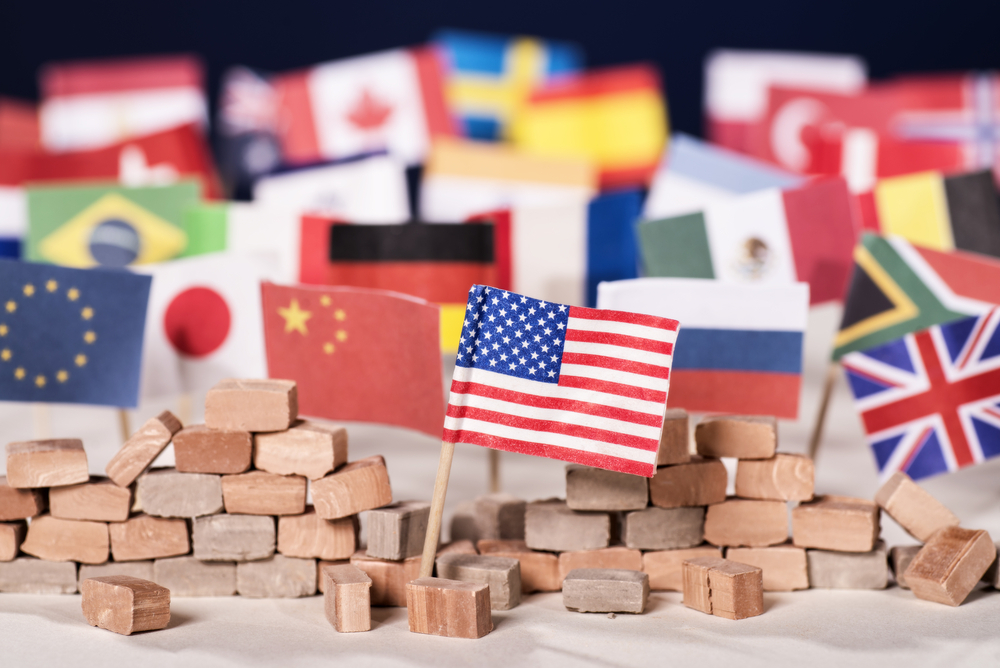A Brave New World for Trade? Discussing the Trade Strategies of the US, EU, Japan and China

Practical information
The global environment for trade is undergoing significant changes.

New emerging players such as China are aiming to adapt the rules and institutions inherited from the postwar Bretton Woods system. With the administration of Donald Trump, the US is revising its international posture to adopt a more inward-looking and unilateral attitude under the motto of “America First” that jeopardizes the dynamics for multilateral engagements and more liberal and ambitious norms for trade. Against this background, major economic powerhouses such as the EU and Japan are adjusting their strategy to fight back against protectionism and to uphold high-level principles for future practices for trade.
This conference will take the form of an interactive discussion between four prominent experts of trade policies from the US, EU, Japan and China who will explain and reflect on their countries’ respective approaches to trade. The debate will be organized around a set of key questions that will determine the future of trade governance and practices. The session will be introduced and led by Françoise Nicolas, Director of the Center for Asian Studies.
The debate will be held in English.
9:30 -Welcome remarks
9:45-11:15: Roundtable discussion
Questions tackled:
- Multilateralism versus bilateralism
-The content of trade agreements (light vs deep agreements)
- Implications of GVCs for trade negotiations
- TPP 11 as a template ?
Chair and Discussion leader: Françoise Nicolas, Director, Center for Asian Studies
- The US policy: Meredith A. Crowley, University of Cambridge
- The Japanese policy: Yorizumi Watanabe, Keio University
- The Chinese policy: Qiyuan Xu, IWEP, CASS
- The European policy: Peter Holmes, University of Sussex
11:15-11:45: Q/A session with the public
11:45-12:00- Concluding Remarks: Jean-Marie Paugam, French Representative to the WTO
Other events

EV Supply Chains for Japan and Europe: Strengthening Economic Security
Economic security aims to ensure the resilience of supply chains for key industries: the case of electric vehicle production in Japan and Europe will be discussed.

From Ambition to Action: Exploring Technological Partnerships with India
The 16th EU-India Summit, held on January 27th in New Delhi with European leaders António Costa, Ursula von der Leyen, and Prime Minister Narendra Modi, marks a significant milestone in deepening EU-India relations. At the same time, official bilateral visits from EU member states are on the rise, including that of the French President, who visited India in February to participate in the Artificial Intelligence Summit. As India asserts its technological ambitions and seeks to reduce its dependence on China, Europe is stepping up its efforts to diversify its strategic partnerships.






